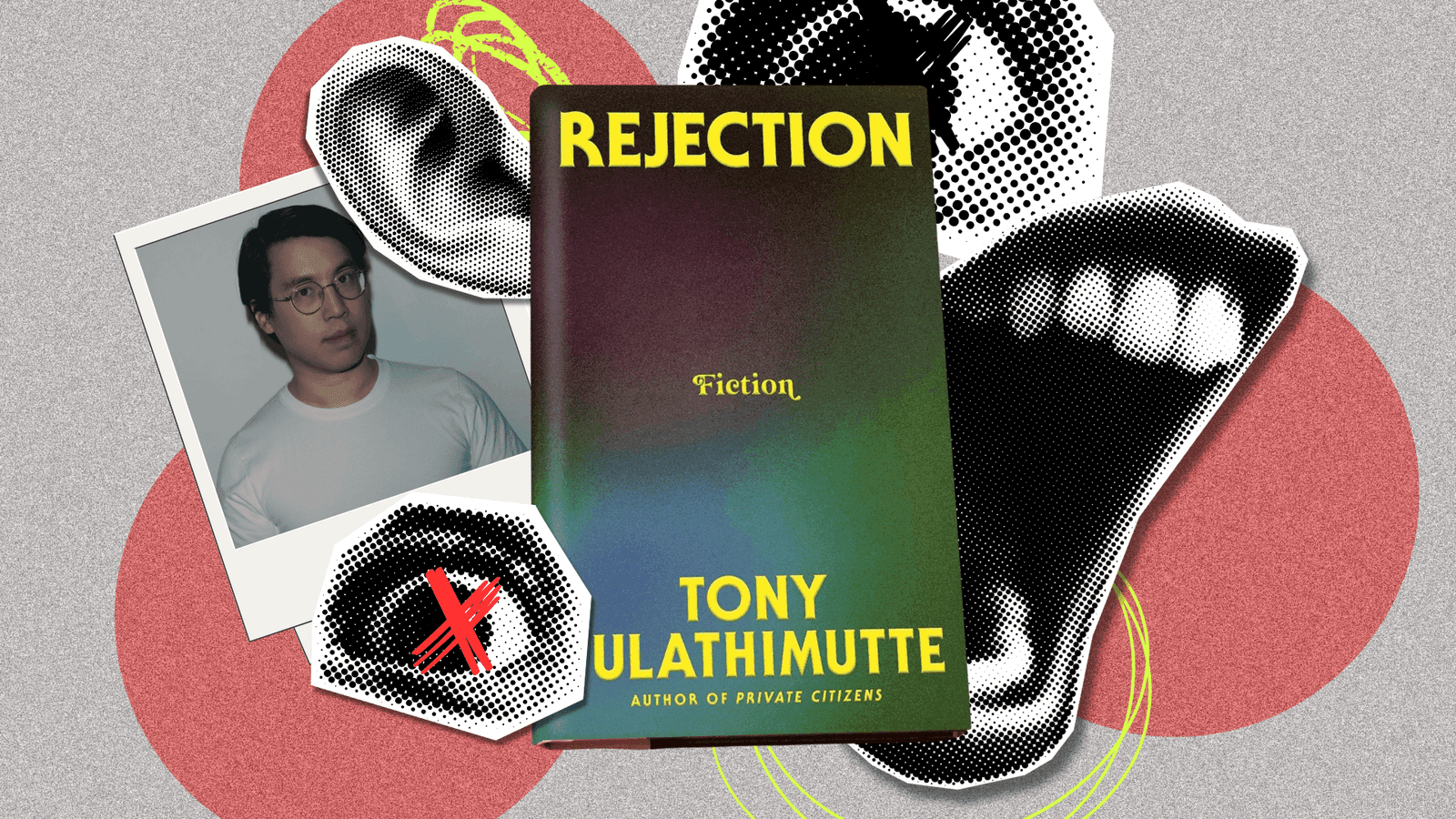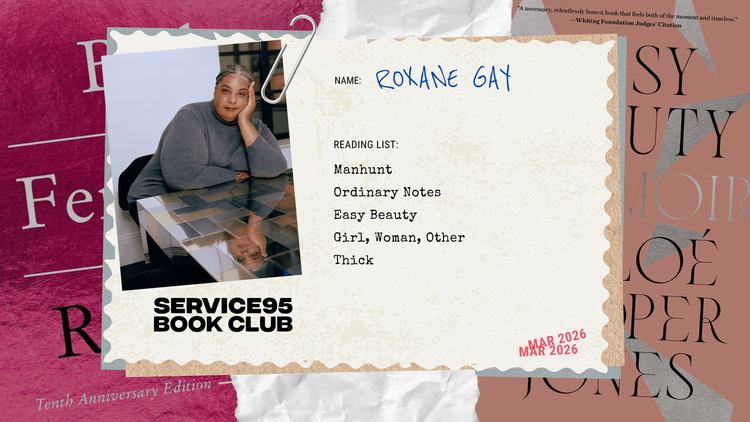During a talk I saw her give in London last November, Zadie Smith was asked by an audience member which writer she’d been most inspired by recently. “Tony Tulathimutte”, she said. Though a relative unknown in the UK, the 41-year-old New Yorker’s second book, Rejection – a tragicomic snapshot of our chronically online era – had just published in the States to huge critical acclaim.
I tell him this towards the end of our interview – he’s speaking to me from his apartment in Brooklyn. “That’s amazing,” he beams, “You know, she actually emailed me a while back and it went to spam. I almost missed it, it was mortifying.” The book, which is released in the UK on 13 February, comprises a series of interlinking short stories, each exploring the theme of rejection – and the impact that a rejection can have on a person’s life. Writing in the New Yorker, Jia Tolentino called Tony “one of the foremost fiction writers exploring the subject of his own generation”, while the New York Times book critic Dwight Garner called him a “big talent who is clearly just getting started”.

It’s ironic, then, that a book about rejection has been so widely praised and accepted. “Yeah, I’ve been getting that a lot,” he says. “It has this kind of strange, dissociating effect: on the one hand, I’m grateful for the positive feedback and on the other hand, I’m like, ‘Well, did I really do my job then? Shouldn’t a book like this be a little bit more alienating?’”
And it’s true, the book explores modern loneliness and atomisation with startling lucidity. Deeply inured in the online world, all Tony’s characters end up warped by an internet culture which commodifies and flattens the concepts and structures it trades in. The protagonist of ‘The Feminist’, for instance, can’t understand why his commitment to feminist principles (his dating app bio reads: “Unshakably serious about consent. Abortion’s #1 fan.”) doesn’t win him a girlfriend, or at the very least, a few hook ups. In the end, his loneliness tips into rage and violence. It’s the first story in the collection, the most famous – it went viral when it was first published in the literary magazine n+1 in 2019 – and perhaps the reason why one reviewer called Rejection, ‘the first great incel novel’.
Tony seems nonplussed: “Only one character in the book, Craig, in ‘The Feminist,’ fits that label at all, and even then only halfway, as he’s obviously the amalgamation of two existing archetypes. Despite this, I feel like the reason it keeps coming up as a lens for the book is because it’s a topic of perceived cultural relevance to editors and critics, which makes for a better hook or headline, whereas topics like “rejection” and “self-perception” are evergreen and less newsworthy.”
It would be easy to take a political reading of Rejection, with all its finely drawn conclusions about the alienating effect of the internet but Tony resists it – arguing, in essence, that we can’t blame the internet for everything. “I don’t think that we can draw too strong an arrow of causality between the mainstreaming of internet trends, and the fact that things have been bad on the political scene in America for a long time.”
When we speak, it’s just a few weeks after the inauguration of President Donald Trump and the resounding swing to the right that it represents. “It completely sucks here right now,” he says. “But I will say that it also sucked under Biden. And I think that the internet makes an easy scapegoat... so you have all these people like, ‘Who’s to blame for all this tacking towards authoritarianism? Oh, it must be the internet,’ when in reality I think it goes a lot deeper than that.”
He’d rather not get on his soapbox about it, he tells me. “I’m not the ideal messenger for it because I get too mad,” but in general, his view is that “capitalism is the problem. I hate to give the glib answer but everything – the prevailing immiseration, the broken promise to the middle class, the intensifying wealth inequality and racial injustice – comes back to this system.”
Tony’s parents emigrated to the United States from Thailand before he was born; he was raised in Massachusetts, went on to major in cognitive sciences at Stanford University before getting a short-lived job in the gaming industry. He was accepted onto the prestigious Iowa Writers Workshop graduate programme in 2008, and has spoken in the past about the savage criticism that he received as part of the workshopping model, though when I ask about it, he looks back on his time there with a certain fondness. “You know, it’s hard to begrudge what is basically a form of institutional patronage for writers. It’s a funded MFA programme and I got three years to work on a book and to read.”

That book went on to become his first novel, 2016’s Private Citizens. It follows the fate of four Stanford grads and won a Whiting Award – Tony says having his peers and tutors reject his early drafts greatly improved his work. “Although, I had a teacher – who I actually really liked – and the only thing he wrote on my manuscript was ‘tedious and pukesome’. When I asked why, he said, ‘I just don’t like hipsters and this manuscript is all about hipsters.’ And I thought, ‘Well, then we’re just at an impasse.’” Despite that one ‘impasse’, Tony says that if he had “published most of the stuff that I wrote pre-2013, I would be mortified”.
It’s why he “absolutely believes that there is an upside to rejection,” he laughs. This latest book, he says, is more “an acknowledgement that rejection has this intense psychological effect on you. It’s a test, right? You either succumb to the dread and insecurities it engenders, or you accept it and see what else can be done.” Although given how widely and roundly Rejection is being praised, it doesn’t seem like a test he’ll face any time soon. “I’m a pretty bad compliment taker, so there is that – I mostly feel bewildered about the whole thing.”













